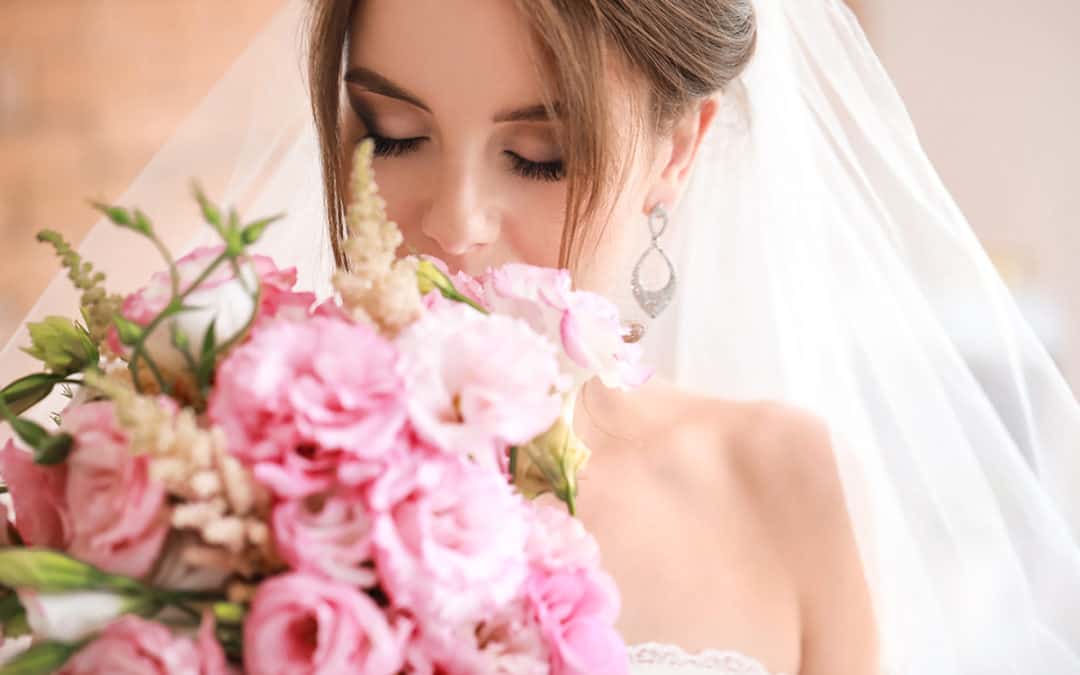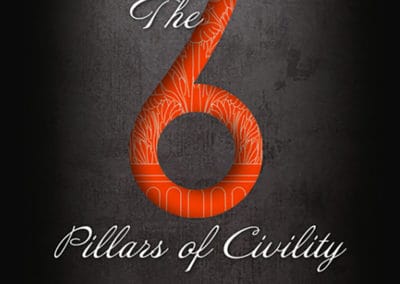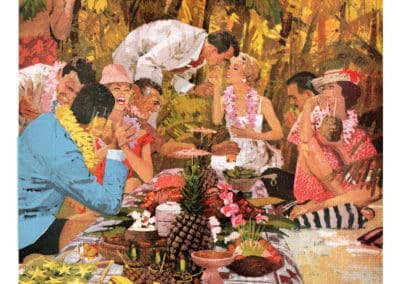
THE NEW CIVILITY
You can always count on our Etiquette Guy, Jay Remer, to be on the scene and on the go, solving social conundrums like wedding festivities do’s and don’ts, as found in his new book, The 6 Pillars Of Civility.
My new book, The 6 Pillars Of Civility, is essentially a road map to, well, civility. There is an appetite for returning to a society where we treat each other with respect and courtesy. Fortunately, thanks to a handful of curious scientists, we are beginning to understand how our brains function, allowing us to realize our behaviors are primarily grounded in survival, not just pleasure.
How people interact with one another should reflect mutual respect and kindness both publicly and in their private interactions. Civility is the umbrella under which etiquette and decorum rest. Since overwhelming incivility often surrounds us at times, I thought sharing my observations could offer a positive perspective on how to regain civility, often by employing the self-reflective exercises that follow each chapter. One favorite is Blended Families and Holidays. Family structures can be complicated and confusing today, particularly as multiple marriages create blended families. As a result, tensions can arise, especially around holidays, weddings, graduation ceremonies, and other celebrations. However, these command performance events should bring out our best behavior, which can sometimes mean biting your tongue and showing compassion.
Difficult as it may be, we must put our core differences aside in deference to why we have gathered together in the first place. This can be much more challenging for some people than others. If you cannot control your emotions or maintain a level of acceptable civility, then it is best not to accept the invitation in the first place.
Dinner parties involving assorted family members and friends can challenge the host when planning a seating chart. Placing potential combatants well apart and out of range of even possible eye contact makes the meal more pleasant for everyone. The host must know the dynamics of the guest list well in advance of their arrival. We usually know where danger may lurk, but we would do well to get the current state of affairs from someone in the know. However, surprises will occur, and it’s best to start by defusing any negative vibes as quickly as possible. Remembering to keep our composure in the face of turmoil is the sign of a great host.
Being a great guest can present challenges as well. As somewhat of an extrovert, I like to converse with everyone at most gatherings, including people who may be difficult. Take the high, less traveled road and approach everyone with the same sense of humility and respect.
At weddings, family tensions can arise. Adhering to proper protocol is helpful. First, the host must determine the guest list in order of importance. In most cases, the relationship between the marrying couple and their guests determines priority. However, flexibility is necessary because each family is unique. Remember weddings are for brides and grooms and celebration.
In fact, another life transition moment, funerals, are often highly emotional celebrations of life. Most people attending share great sadness and grief. Funeral arrangements are often the shared responsibility of the deceased’s next of kin, the funeral director, and a clergy member. Too often, well-meaning friends and family are actually in the way. Allowing the grieving process to unfold for people in their own way is the compassionate way to handle these stressful times. No two people experience grief or loss in the same way. Kindness goes a long way in letting others understand your true intentions and feelings.
Graduation ceremonies can also be stressful events for a variety of reasons, as well. Sometimes, seating is limited. Perhaps the scheduling makes attending difficult. Nonetheless, it’s a significant milestone in anyone’s life, and we should accord it the proper respect. Emotions can play a role in any celebration like this, and allowing each of us to show our feelings is a compassionate act we can all embrace.
No matter the occasion, we must always keep the real purpose of the gathering in focus. If we do, we will likely think less about ourselves and more about others—it’s a foundational principle of civility for wedding occasions and beyond.














